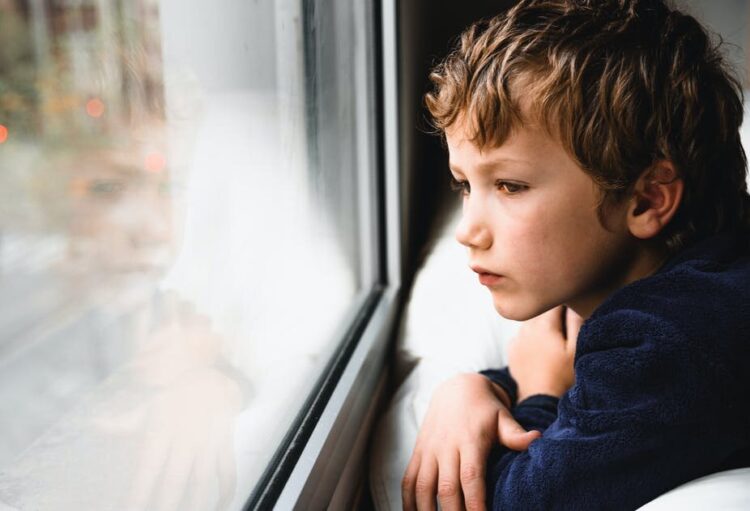By Lucy Caulkett-
There has been a sharp rise in child and adolescent to parent violence (C/APV) during the lockdown, driven by families’ enforced proximity, changes to routine and loss of support services, research published today finds.
An online survey of 104 parents affected by C/APV found 70% had experienced an increase in violent incidents during the lockdown, while parallel research with 47 practitioners working in the field found most had seen a rise in referrals and recorded increased levels of violence. The study of families and social workers took place nationwide between April and June 2020.
Professor of Criminology, Rachel Condry, and Dr Caroline Miles, a Senior Lecturer in Criminology at the University of Manchester, released a report after examining the level of violence from their children during the pandemic.
Although the findings revealed that 29% of parents reported reduced violence as a result of stresses on families, such as attending school, being reduced – practitioners expressed concern this group would face significantly increased violence as the lockdown eased and pressures returned.
Harm To Parent’s Mental Health
Practitioners also raised concerns that the lockdown may cause long-term harm to the mental health of parents and children because of the trauma of the experience, and also about services’ ability to respond to increased need as restrictions eased.
Over 100 parents and nearly 50 social work practitioners involved in the study, the ‘hidden problem’ of child and adolescent to parent violence (C/APV) have seen a significant increase in the lockdown.
The researchers from Oxford and Manchester universities have called for every local authority to set up a specific programme for families experiencing C/APV, with dedicated training for practitioners, and provision of safe spaces for families and respite for young people, backed by additional funding.
Close Proximity
Parents responding to the survey identified the fact families were forced to be in close proximity during the lockdown as being a factor in increased violence due with parents having no escape from the behaviour and the situation heightening stresses for children and young people, in what was described as a ‘cabin fever’ effect.
It also found that parents’ loss of formal and informal support, including from grandparents, resulting in greater isolation that emboldened children and young people to behave violently in some cases.
Parents also cited changes to structure or routine as being a factor in increased violence, as children struggled to adjust to abrupt school closures, exacerbating pre-existing vulnerabilities, such as ADHD or mental health issues including anxiety.
Exercising control
Of the practitioners surveyed, 25 out of the 36 who received referrals for C/APV said these had increased, while 21 out of 33 said that the severity or incidence of violence had gone up.
They noted that, similarly with domestic abuse, the lockdown had increased opportunities for young people to exercise control over their parents, reversing the impact of support work focused on parents regaining control.
Parents reported high levels of stress at home – finding it difficult to ‘pick their battles’ during lockdown and family members not having any escape from the abuse. Some adolescents used the lockdown as a means to take more control with parents – limiting how much they leave the house for example.”
Access to social media and technology were particular flashpoints for families because parents found it more and more difficult to enforce rules, while conflicts also arose over drug use and observing lockdown rules.

